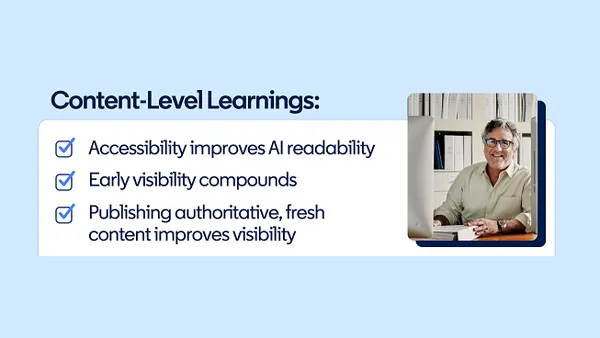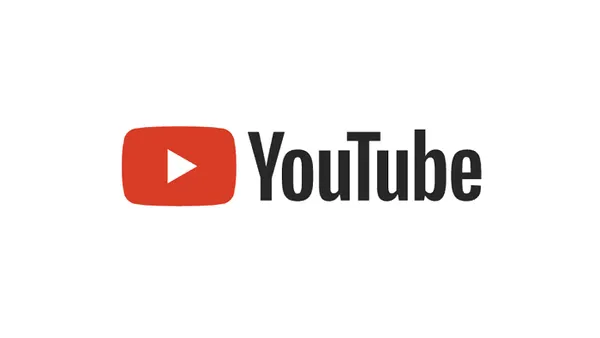 The
Mass Media is a unique feature of modern society; its development has
accompanied an increase in the magnitude and complexity of societal
actions and engagements, rapid social change, technological innovation,
rising personal income and standard of life and the decline of some
traditional forms of control and authority.
The
Mass Media is a unique feature of modern society; its development has
accompanied an increase in the magnitude and complexity of societal
actions and engagements, rapid social change, technological innovation,
rising personal income and standard of life and the decline of some
traditional forms of control and authority.
However, traditional mass media has shifted from the few to the many.
There is an association between the development of mass media and social change, although the degree and direction of this association is still debated upon even after years of study into media influence. Many of the consequences, either detrimental or beneficial, which have been attributed to the mass media, are almost undoubtedly due to other tendencies within society.
Few sociologists would refute the importance of the mass media, and mass communications as a whole, as being a major factor in the construction and circulation of social understanding and social imagery in modern societies. Therefore it is argued that the mass media is used as "an instrument", both more powerful and more flexible than anything in previous existence, for influencing people into certain modes of belief and understanding within society.
The question of medias
influence on society and its cultural framework has often been debated
upon from leading theorists to anyone with any form of media
connections can have an influence on an audience members attitude,
beliefs or interpretations of society is a very simplistic and
debatable version of the truth. The media does influence, but using
more diverse and subtle roles of impact.
Influence, Society and Individuals
As Jane Root wrote in the book "Open The Box", which delves into the possibilities of media influence, "It has a role in defining what we think of as a natural...it helps to map out who we think we are". To look at the medias effect and influence, there is an underlying need to define influence as we understand it in relation to society and it's overall effect.
Media is a major piece within society that is often linked to the notion of social influence. Society understands the notion or concept of being influenced as an "external force" (the media) linking itself or connecting with a personal action or viewpoint of the recipient. (John Corner: 2000: 378)
The forces of influence that have been described as a major power in media effects are those that are circumstantial and directed, those which can be placed within a framework or model, for example "uses and gratifications", those of a generic function but ultimately those which state perspectives, interpretations, and measurements which can lead to evidence and proof.
Uses & Gratifications Model
A systematic and widely used model in social sciences study of media influence over the effects on an audience concerning behaviour, attitudes and beliefs, is the theory of uses and gratifications.
Blumler and Katz (1974) concluded that audience's fulfilment of needs came within the broad generalisation of four desires:
- Diversion - a form of escape or emotional release from everyday pressures.
- Personal Relationships - companionships via television personalities and characters and sociability through discussion about television with other people.
- Personal Identity - the ability to compare one's life with characters and situations within programmes, and hence explore personal problems and perspectives.
- Surveillance - a supply of information about what is going on in the world.
The thought that the media is an overwhelming force that influences their audiences through the means of appealing to their desires and needs, must be examined in contrast with the notion that "every one is free". Meaning that the mass media's audience can resist being controlled, simply through choice. An individual always has the option of simply not watching that programme or not reading that particular newspaper. An individual makes the choice, and the selection that is made will merely underpin the views and inclinations that they already have.
Our first impressions are not always the correct ones. Since we are all now becoming "the media" what influence and impressions do we have on our world of endless connections?
What say you?








